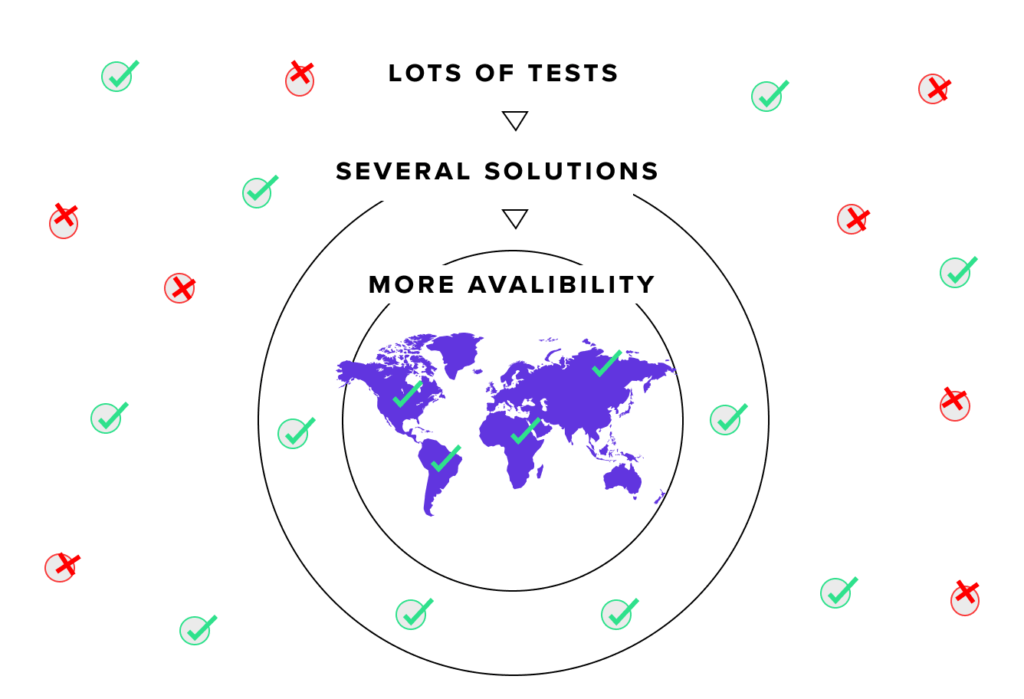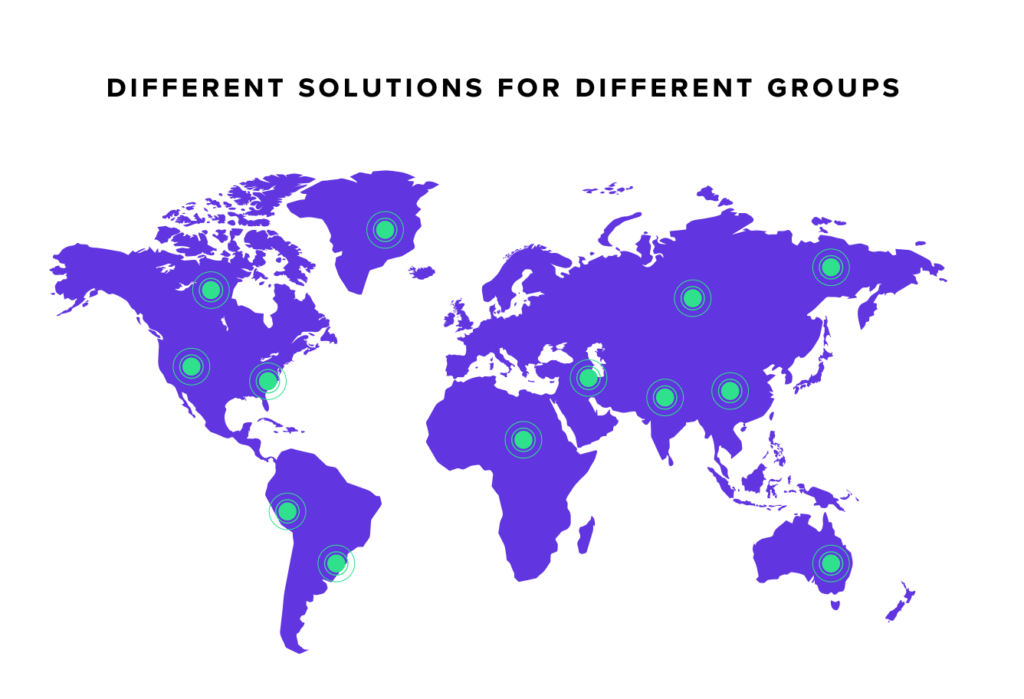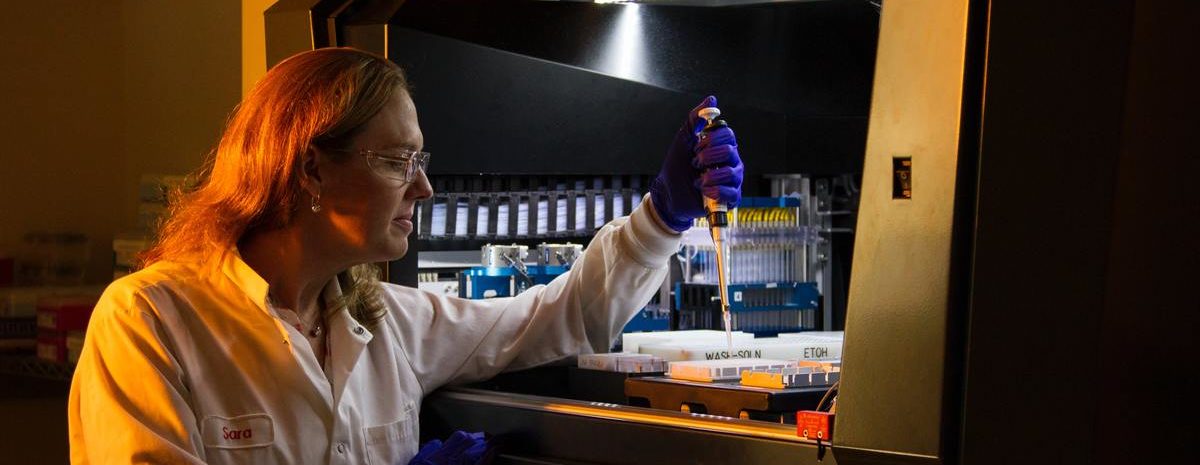With more than 7 billion people in the world, more COVID-19 vaccines are needed and more testing needs to be done, especially in populations that have been hit harder than others, such as African Americans, Latinos, and older adults.
According to the Coronavirus Prevention Network, there are three reasons to continue COVID-19 vaccine research.
- If we find several vaccines that work, we can end the pandemic sooner. If several companies have successful products, they will be able to work together to make enough doses for everyone in the world. Simply put, the science has moved forward faster than the supply chain can keep up. The only solution to the shortage is to develop more vaccines, but to do that, volunteers are needed for the remaining studies.

- In addition to meeting the demand, we also need vaccines that can work for many kinds of people around the world. One vaccine regimen might not work well for all groups, so vaccines need to be developed to work for communities that have been hardest hit by COVID-19 – racial and ethnic minorities, older adults aged 65+, and people with pre-existing medical conditions. Continued research will help identify ways to reduce severity of COVID-19, so people are not getting as sick and able to recover faster, reducing the need for hospitalization and preventing death. More vaccines can also prevent new infections and reduce transmission.

- We still need more data over a longer period of time to answer key questions. Right now, we know that the Moderna and Pfizer vaccines are very effective at preventing severe COVID-19 disease. However, we still need more data over a longer period of time to know if: (a) the vaccine can prevent infection with SARS-CoV-2 in the first place; and (b) how long a period of time the vaccine helps the immune system to fight against the virus. The bottom line is, the COVID-19 Prevention Network needs to continue with randomized, blinded, placebo-controlled trials to get these answers. When someone joins one of the studies, whether they get the vaccine product or the placebo (saline solution) is completely random and neither the study participant or the study staff know who is getting vaccine or placebo—they are “blinded.” Studies designed in this way are the best at showing if a vaccine works.
The sponsors of each trial have made a commitment that if the vaccine is found to be safe and effective and approved by the FDA, they will make the vaccine available to the people in the placebo group.
To volunteer to be part of the COVID-19 Prevention Clinical Study, go here or call 866-288-1919.

